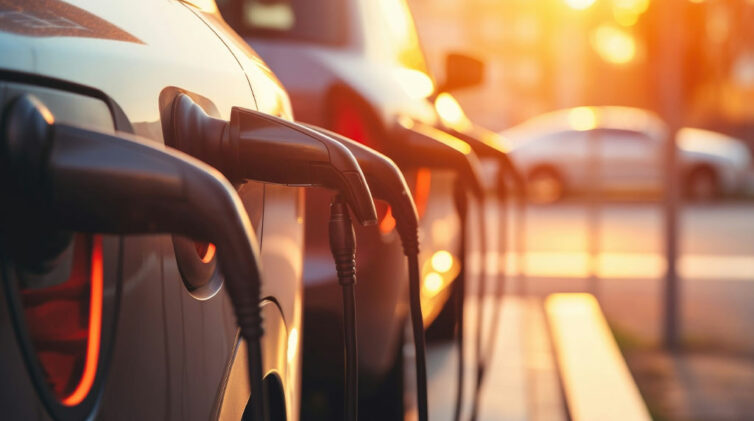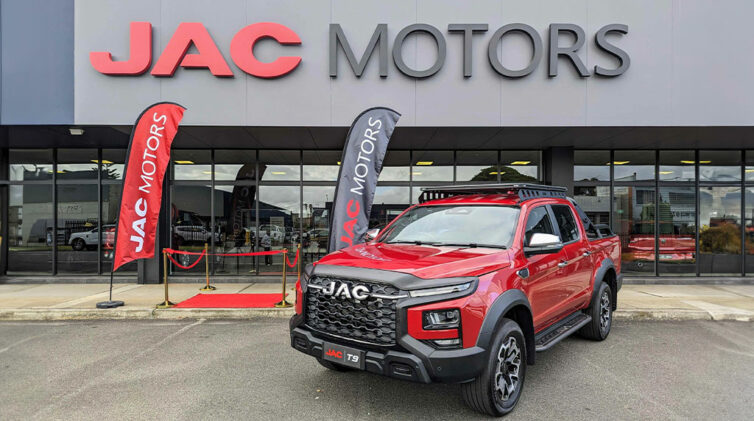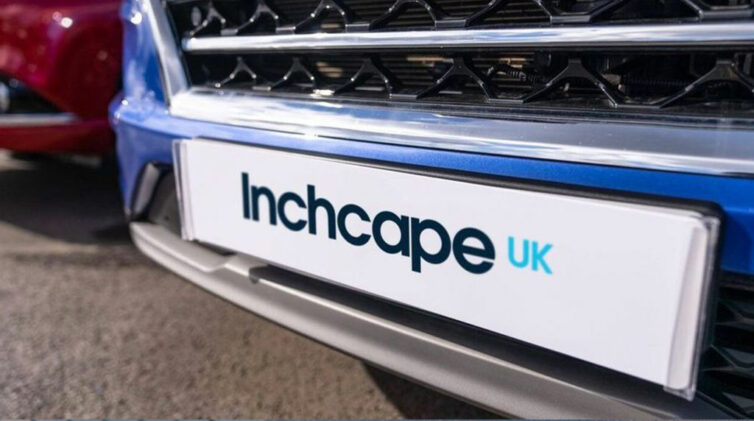Geoff Gwilym, CEO of the Victorian Automotive Chamber of Commerce (VACC) told GoAutoNews Premium that the Victorian government’s decision to abandon its electric vehicle subsidy of $3000 a car after just two years was predictable and was made without seeking the advice of the EV trade.
The $3000 was applied to about 8000 vehicles registered in Victoria before the subsidy was pulled.
“I don’t think it was bright of a government that had a 50 per cent electric vehicle target for 2030, just seven years from now, to set that target without seeking our advice. We could have told them that it was unachievable; aspirational but unachievable,” Mr Gwilym said.
Mr Gwilym said the state government set the target of 50 per cent of all light vehicle sales being zero emission by 2030 and 100 per cent of sales being zero emissions by 2050.
“They were the targets. But the problem with the targets was that they were not factored on anything in particular, including vehicle supply.
“There were no mechanics around supply of vehicles to the market, nor around charging technology and charging availability nor the price of vehicles. And those three things still are the major hurdles.
Mr Gwilym said: “Victoria was trying to convert people out of a conventional car into an electric car and asking them to pay more for the privilege – in some cases 20 per cent or 30 per cent more for a car that doesn’t do as much as their conventional car does now.”
“Nobody in the Victorian Government asked for VACC’s input into how an incentive program would work, or whether those targets were achievable. Nobody in the Victorian government asked us in spite of the fact that we were going to be the people selling them and we were going to be the people servicing them.”
Mr Gwilym said the VACC had in-depth knowledge on the EV market and its issues as part of a Motor Trades Association of Australia (MTAA) European tour which visited five European countries with the most active EV markets to look at their electric vehicle policies.
Asked if the cancellation of the EV subsidy in Victoria would affect dealers, Mr Gwilym said: “I think the main problem for dealers is when governments have short term policies that change. You know, this program has only been there for two years and it’s gone. Well, that doesn’t send a positive sign to consumers.
“So I think it’s a shame for people that have been thinking about buying an electric vehicle, that now may hesitate because that incentive has been removed.
“As a matter of fact, that sends a signal that we’re not sure what we’re doing. And we’re going to move around with incentive programs which are bad for consumers and it is really bad for dealerships.
“It is also really bad for vehicle supply because manufacturers put vehicles into markets where they can sell them and that includes subsidised markets. There are lots of subsidised markets for EVs around the world and if you remove the subsidy, then you become less attractive.
“So we think it’s a short-sighted shift that saves what amounts to a lunch for the Victorian government. It sends a very negative signal to consumers around long term policy, Mr Gwilym said.
“One of the things that the Victorian government said is that they are going to step back because the federal government is working on the Fuel Efficiency Standard. But there is a major problem here. If that was the case, why did they set up the subsidy scheme?
“The Victorian scheme was only set up two years ago. So why did they bother doing that? It was very short term and it’s a mistake to assume the Fuel Efficiency Standard will pick up where the state subsidies are dropping off.
“In other words they expect the federal program will fix this. Well, the federal program doesn’t currently have subsidies attached to it.
“So I think it’s a very weak position for the government to take to say that the Fuel Efficiency Standard will look after it because there’s not a lot of evidence that the metrics around that have been particularly good.”
Mr Gwilym said the industry, including the MTAA, was getting far more engagement and dialogue with Chris Bowen, and with Katherine King, the two senior Labor ministers responsible for the Fuel Efficiency Standard.
“So whilst we’re in conversations with the federal government around the Fuel Efficiency Standard, we are advising them that unless they have a really good incentive program for consumers that goes with it, they’ll face the same challenges as Victoria, which was trying to convert people out of a conventional car into an electric car, and asking them to pay more for the privilege – in some cases 20 per cent or 30 per cent more for a car that doesn’t do as much as their conventional car does now.”
Mr Gwilym said that even at the federal level, there is “not a lot of dialogue around federal incentives to consumers”.
“The national program is premised on policies designed to encourage manufacturers to bring more cars here and a view that more cars coming into a market means they get cheaper. That is yet to be proven.”
Meanwhile, Mr Gwilym said more recently the Victorian government has set up a task force that includes the VACC.
By John Mellor


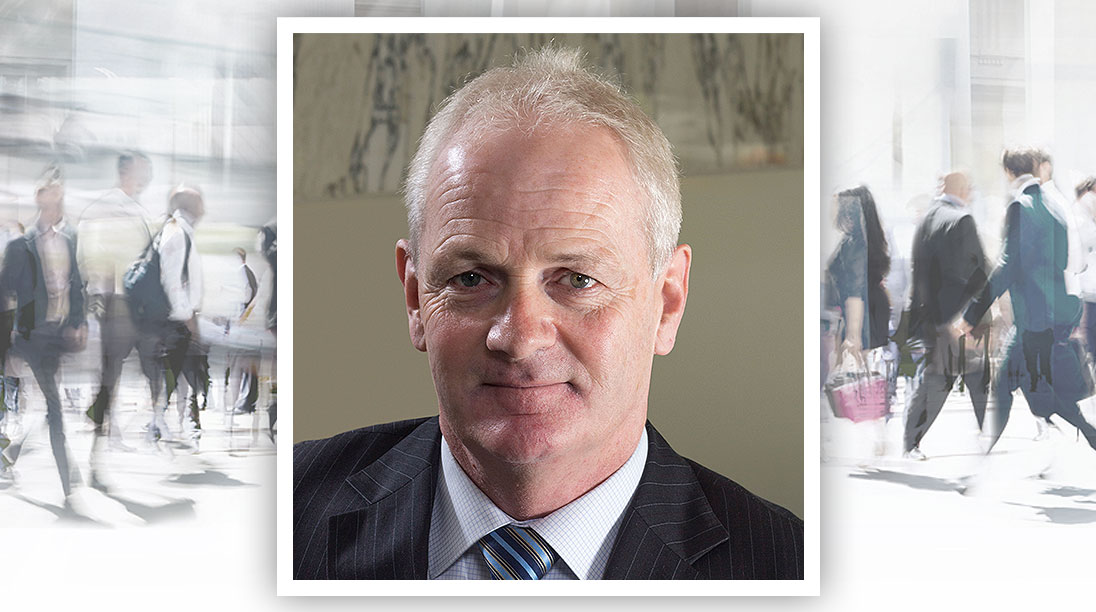
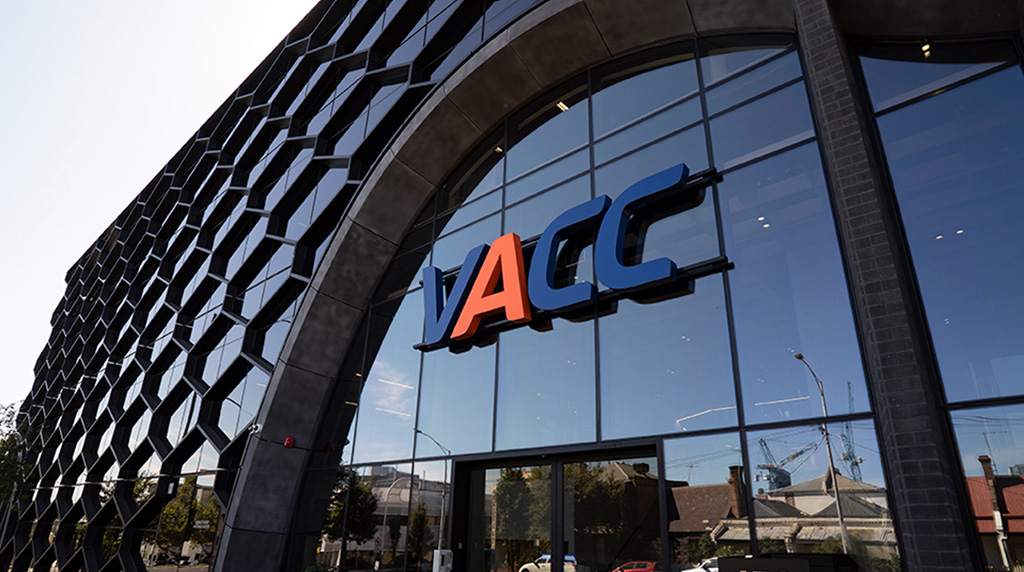










 Read More: Related articles
Read More: Related articles